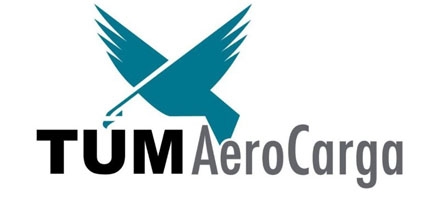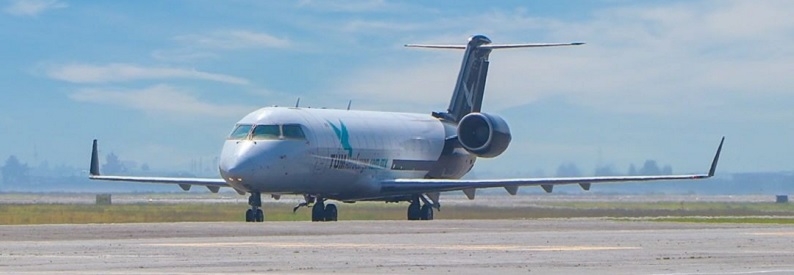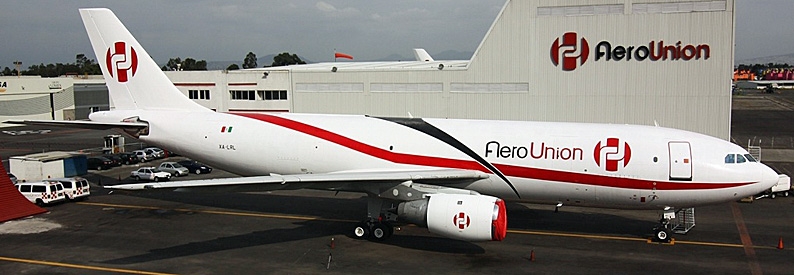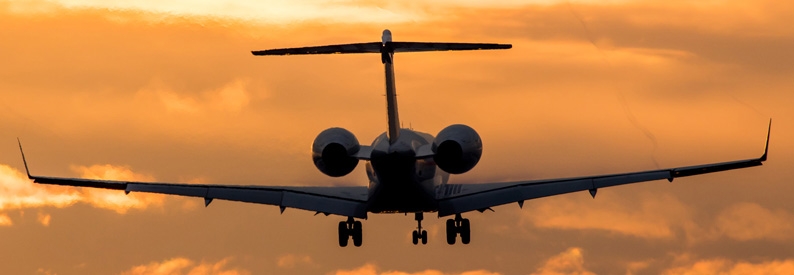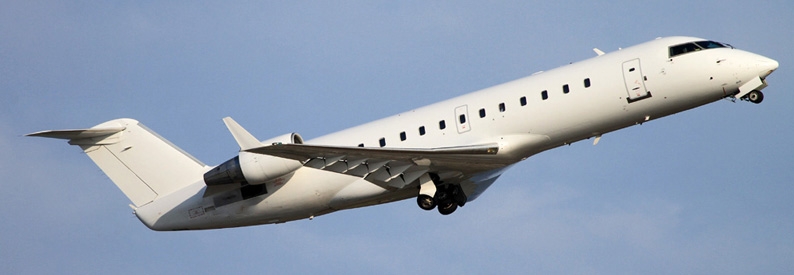Kalitta Charters II, IBC Air, and IFL Group have jointly objected to the granting of a Foreign Air Carrier Permit to MCS Aerocarga de Mexico S.A. de C.V. t/a TUM Aerocarga (T2, Toluca) citing the alleged harmful effect its access to the US market will have on US carriers.
The Mexican carrier applied for its FACP in early March with plans to launch charter flights to the US in May 2021 with scheduled services to follow. However, the three American carriers said in their US Department of Transportation (DOT) filing that TUM Aerocarga's application included cargo cabotage rights within the US which, if granted, would create "an imbalance" in the market, as the Mexican government have consistently refused to grant US airlines any cabotage rights there.
"Unless the Mexican authorities reverse their standing positions and decide to offer a similar 'open skies' authority to US Air Carriers, this creates a lopsided request that should be denied," the objectors said.
They further underlined that TUM Aerocargo's entry into the US market would grant it an unfair economic advantage since its US-based rivals would not be able to enter the Mexican market and compete on level terms.
"Simply allowing foreign air carriers to jump into our market and take business away from US carriers when US air carriers cannot do the same in that foreign air carrier's country creates a wildly unbalanced market environment that would unfairly favour the foreign air carriers and leave US air carriers at a distinct disadvantage," they claimed.
In its response, the Mexican cargo specialist clarified that it was not seeking US cabotage rights and that its application covered services from Mexico to the US via intermediate points - a standard clause that TUM Aerocarga said had been misunderstood by the objectors.
"These 'intermediate points' are instead points in one or more third countries to which TUM might operate en route to and from the United States. TUM is not seeking permission to conduct cabotage," it said.
The American operators also claimed that different standards and procedures gave the Mexican carrier another unfair advantage. In particular, they argued that due to the complexity of US rules for securing cargo, the loading of a B727-200(F) could take over two hours, compared to around 30 minutes for their Mexican rival. Due to the comparative simplicity of regulations, TUM also allegedly enjoys cost and operational advantages. In addition, since the Mexican airline does not have to follow recently adjusted FAA rules for cargo fastening, there was an associated safety risk.
"The result of that is that Foreign Air Carriers would be operating in US Airspace, flying over our buildings and our citizens, in a manner that has been deemed unsafe by the Administrator. The failure of Foreign Governments to require their airlines to achieve a parallel level of safety creates a vastly disparate level of safety for the all-cargo aircraft," the objection reads.
TUM Aerocarga responded by underlining its "excellent safety record" and stating that any discrepancies in safety standards in the two countries were not an issue to be resolved in an FACP filing.
Finally, Kalitta Charters II, IBC Airways, and IFL Group argued that as all US-based airlines are still struggling to recover from the COVID-19 pandemic, the DOT should not permit increased competition, which would "result in significant economic distress".
"It should be incumbent upon our US Regulators to make certain that these US Air Carriers are first in line and have an opportunity to restore their revenue streams and try to get their businesses back on a normal path before any Foreign Air Carriers would be allowed to come in and collect some of the revenue," they said.
TUM Aerocarga responded by saying that this claim was either based on a misunderstanding related to its alleged application for cabotage rights or was outright protectionist, and should be dismissed in either case. It underlined that denying an FACP solely for the purposes of preventing a Mexican airline from operating to the US would contravene the bilateral air services agreement between the countries.
TUM operates one B737-300(SF), one B737-400(C), one B737-400(SF), one CRJ100ER, and five CRJ200ER(PF)s, the ch-aviation Commercial Aviation Aircraft Data module shows.
Kalitta Charters II operates five B727-200(F)s, two B737-300(F)s, six B737-400(F)s, and a single stored B737-500 mostly on behalf of DHL Express, as well as for ad hoc charters and for Tex Sutton Equine Air Transportation. It has no direct business links to larger cargo specialist Kalitta Air (K4, Detroit Willow Run), which is owned by different members of the Kalitta family.
IBC Airways operates two passenger-configured E145s for charters and on a single scheduled route between Fort Lauderdale International and Cap Haitien, as well as nine S340A(F)s and a single S340B(F). In turn, IFL Group is the parent of Gulf & Caribbean Cargo (IF, Pontiac Oakland County International), an airline with a fleet of one ATR42-300(F), three B727-200(F)s, four CRJ200ER(F)s, as well as a fleet of CV-240(F)/CV-340/440(F) freighters.
